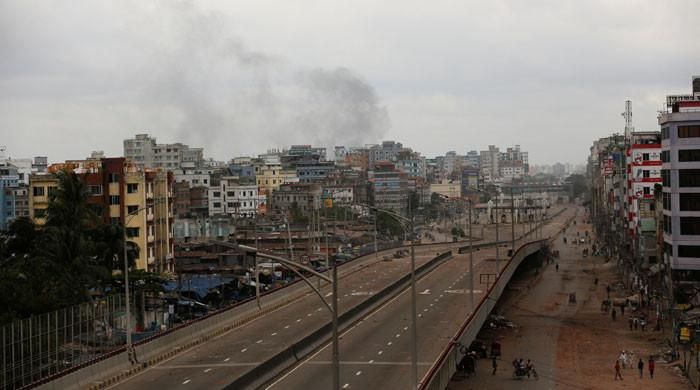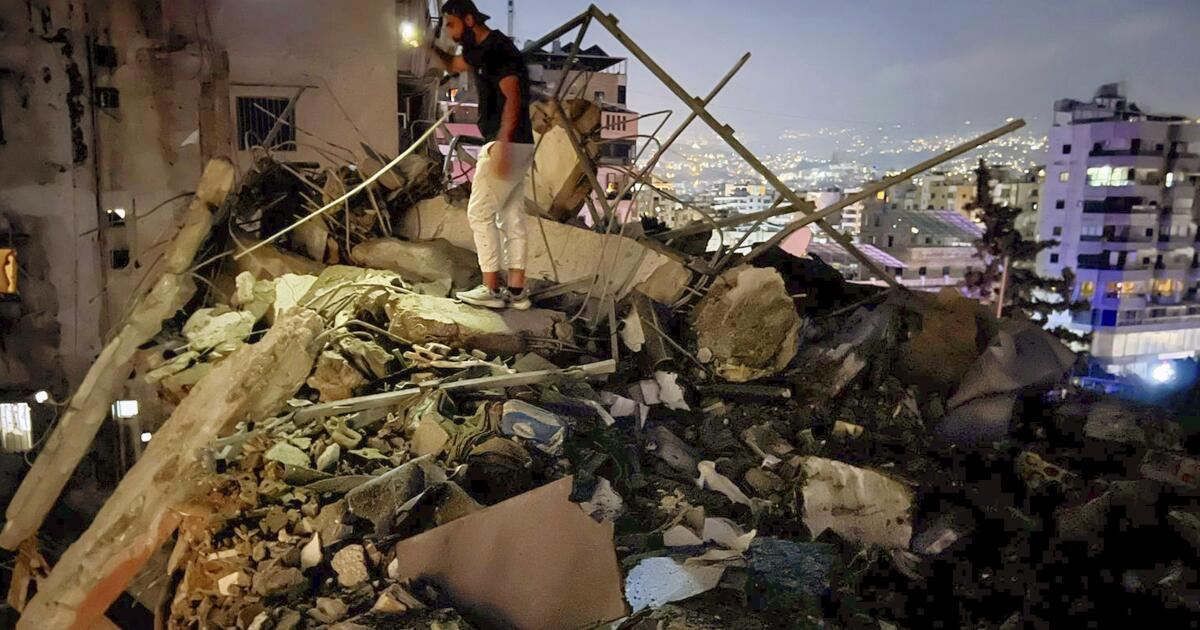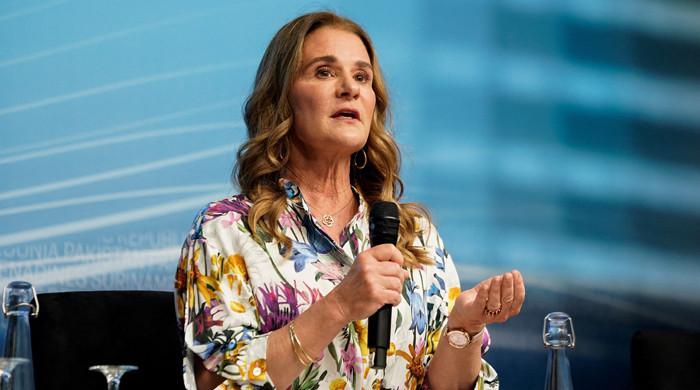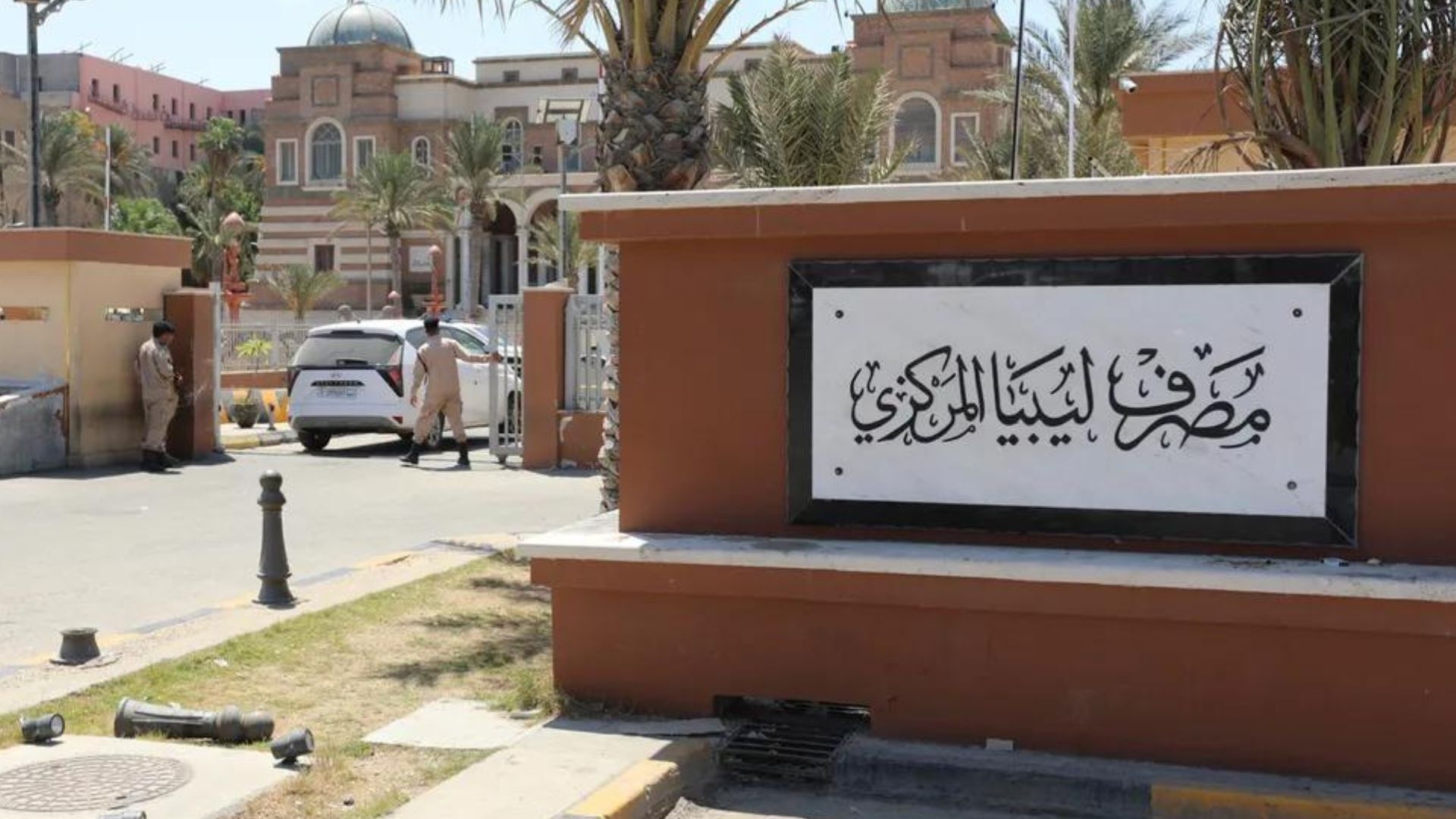- At least 139 people have been killed by security forces in Bangladesh.
- There were no reports of violence or protests Monday morning.
- The protesters have given the government a 48-hour deadline to act on their demands.
DHAKA: Bangladesh appeared calm on Monday amid a curfew but widespread telecommunications disruptions prevailed a day after the Supreme Court scrapped some quotas for government jobs that sparked protests this month in which dozens of people were killed.
Clashes between protesters and security forces have killed at least 139 people across the South Asian nation after the top court last month reinstated job reservations scrapped by Prime Minister Sheikh Hasina's government in 2018.
However, the Supreme Court on Sunday ordered that 93% of government jobs be allocated on the basis of merit, up from earlier quotas of 56% for groups such as families of freedom fighters, women and people from underdeveloped areas.
There were no reports of violence or protests on Monday morning and media said the curfew would be relaxed for three hours in the afternoon, extended from two hours the day before, to allow people to buy essential goods.
Student protesters have said they plan to continue their demonstrations until the release of detained protest leaders, and have demanded that the government lift the curfew and reopen universities closed since Wednesday.
They have set a 48-hour deadline for the Government to act on the demands.
Last week's protests left thousands injured when security forces fired tear gas, rubber bullets and stun grenades to disperse demonstrators.
Experts have blamed the unrest on stagnant private-sector job growth and high youth unemployment rates that have made government jobs, with their regular pay rises and other perks, more attractive.
Hasina, who was sworn in for a fourth consecutive term this year, has been accused in the past of authoritarianism, human rights violations and crackdowns on freedom of expression and dissent – charges her government denies.












